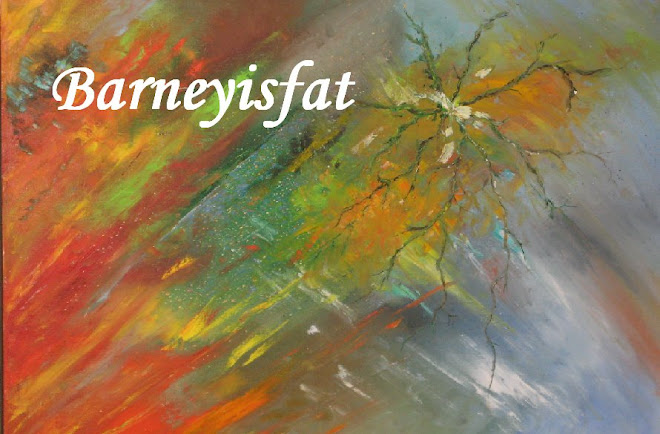
Pilate had always been in control.
Calm.
Cool.
Collected.
Everything the world says we should be. A perfect example of everything the business books tell us we should strive to become.
Then the "incident" occurs. The religious snobs he overseas come knocking on his door. They can't come in, of course, because another one of their religious holidays prevents them from entering the praetorium lest they be unclean for their holy day.
Even to a non-religious Roman official their request seems a little strange. They can't enter a building lest they become unclean, but they can come to call for the murder of a rival and not be sullied by THAT. Like a mafia family praying and crossing themselves before the meal when they decide who's going to axe Big Guido from across the river. Pilate hears them out and offers a political sidestep. They step back, and soon the group is foxtrotting together. When the Jewish leaders let it slide that this Jesus fellow is claiming to be God, Pilate knows he has to take action. He has plan A and a plan B waiting in the wings.
And then he meets this Jesus of Nazareth and his footing shows to be a little weak. He really didn't see any fault in Jesus, but he couldn't let the people think that they could challenge Caesar as the one true God. Suddenly Pilate found himself unsure, emotive, and wishing to pardon this humble carpenter turned teacher.
Suddenly Pilate wasn't so much in control. He tries to sidestep, to re-phrase questions, and to filibuster. All for naught. This Rabbi makes him choose. While Pilate had always relished the power to hold life and death in his hands, suddenly he wasn't sure what to do.
He washed his hands.
He would make the hard decision, but only if he wouldn't be held accountable for it.
But this Jesus of Nazareth came to wash hearts.
It's interesting that history (including extra-biblical accounts such as Josephus) remembers Pontius Pilate for this one encounter and ONLY for this one encounter. Nothing else he ever did - no power grab, no consesus-building decision - ever measured up to his part in crucifying Jesus.
I sometimes wonder how long this even re-played in his mind. How many times did he think back to this encounter? Had he done the right thing? Had he made the right call? When the rag-tag bunch of disciples led the greatest people movement ever to hit the Roman Empire, did Pilate ever think about joining in?
Did he ever see that all the water in the world could never wash away his sins - not just the whole "killing the Son of God" thing - but all the sins he had ever committed. Did he ever understand that only the blood he had spilled could wash hearts?




